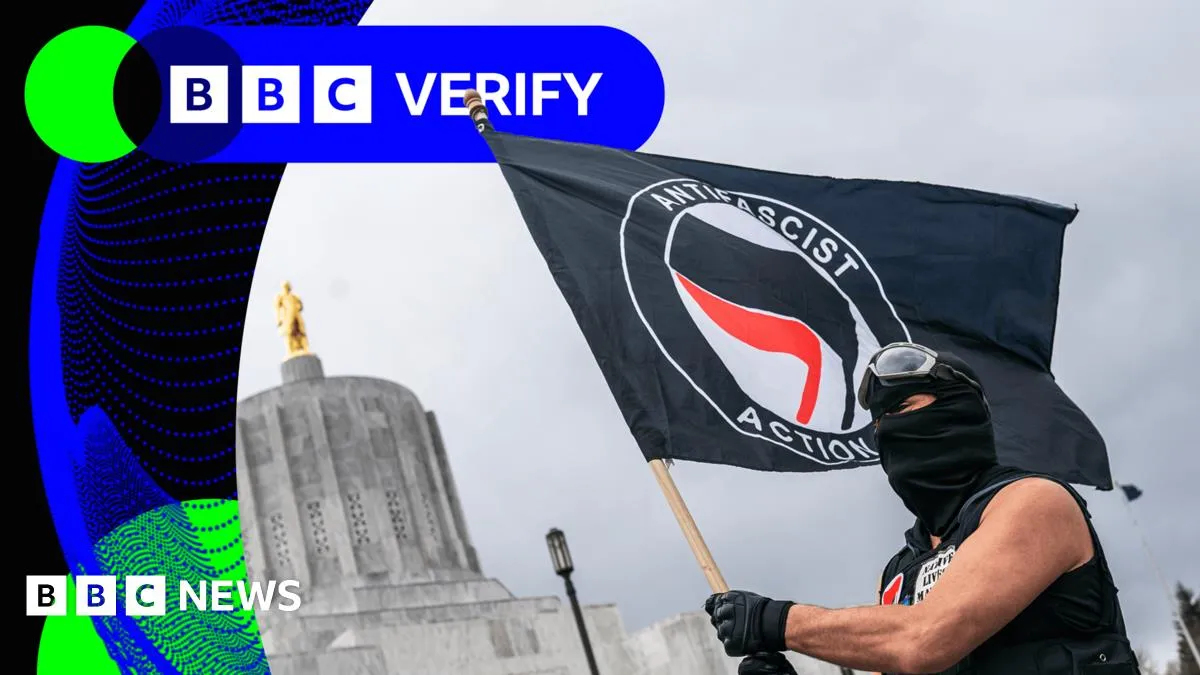
Recently, Donald Trump announced his intention to designate antifa as a "major terrorist organization" through a post on his Truth Social platform. This is not the first time the former president has made such a declaration; during his first term in May 2020, he tweeted about plans to label this far-left movement as a terrorist organization following the protests triggered by the murder of George Floyd.
Antifa, short for "anti-fascist," differs from conventional political parties or organizations. It is best described as a loose, leaderless movement of activists and protesters. This decentralized nature makes it challenging to define, especially compared to structured groups. In the United States, interest in the antifa movement surged after the election of Donald Trump in 2016, resulting in frequent clashes between antifa activists and far-right demonstrators. Notable instances of these confrontations occurred during the 2017 counter-protests in Charlottesville and the protests following Floyd's death.
Critics of antifa argue that what distinguishes this movement from mainstream leftist groups is the willingness of some activists to resort to violence to achieve their goals. Supporters, however, contend that such actions are often a form of self-defense or a means to protect their communities from perceived threats.
In a separate development, there are ongoing investigations into a reported Ukrainian drone strike on a petrochemical facility located deep within Russia. New videos and images depicting smoke billowing into the sky were shared on Telegram this morning, prompting verification efforts.
One confirmed video shows a long plume of smoke rising from the Gazprom Neftekhim Salavat plant in Salavat, a city over 1,000 kilometers (approximately 620 miles) from Ukraine's border. The head of Bashkortostan, Radiy Khabirov, stated that the facility had been attacked and that efforts to extinguish the fire at the site, which processes various petrochemical products, were underway.
Additionally, there are unconfirmed reports of a Ukrainian assault on an oil refinery in the Volgograd region, located even further west of Salavat. The regional governor, Andrei Bocharov, mentioned that a "massive drone attack" had been "repelled" overnight. Verification efforts are ongoing as we seek clearer satellite imagery and videos to better understand the situation, as current footage is grainy and lacks precise geolocation capabilities.
As President Trump’s state visit to the UK continues into its second and final day, we are closely analyzing his recent announcement regarding the designation of antifa as a "terrorist organization." We will explore the implications of this designation and how it intersects with the constitutional right to free speech in the United States.
Furthermore, we are investigating a significant communications outage affecting the Gaza Strip. According to the internet monitoring group Netblocks, this disruption appears to be linked to a break in a fiber optic connection. Although we briefly touched on this issue yesterday, the internet remains down in Gaza, prompting us to assess the extent of the problem and the possible causes behind it.
Our verification team is also scrutinizing images from the ongoing conflict between Ukraine and Russia, as further strikes have been reported on both sides of the border overnight. The governor of Russia's Bashkortostan Republic has claimed that an oil refinery in Salavat was attacked, and we are working to confirm this assertion.
Stay tuned for more updates on these stories and our continued monitoring of the severe monsoon flooding affecting India, utilizing footage shared online.